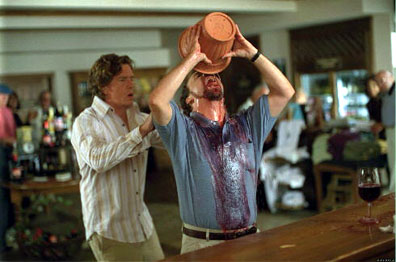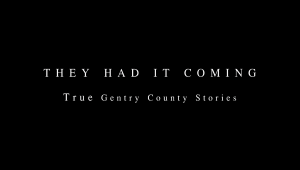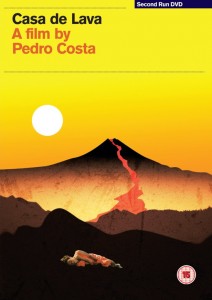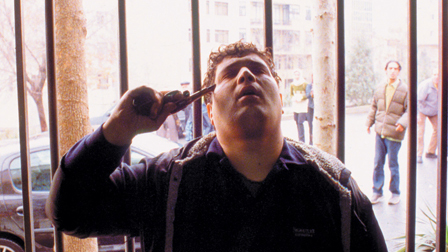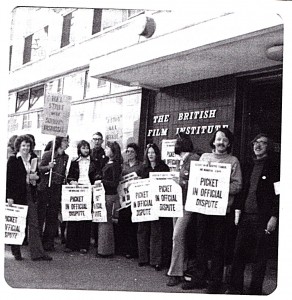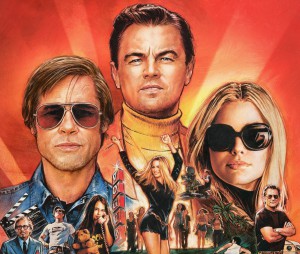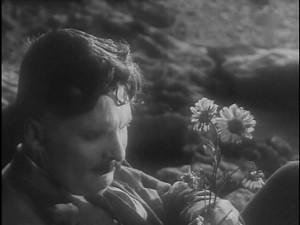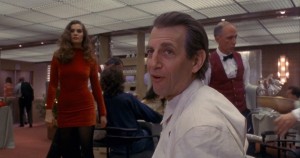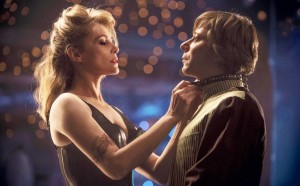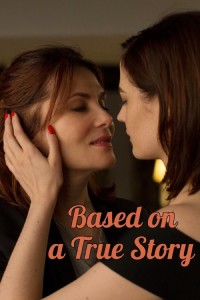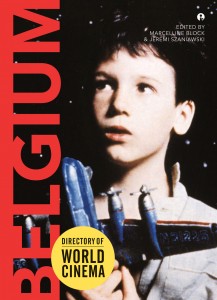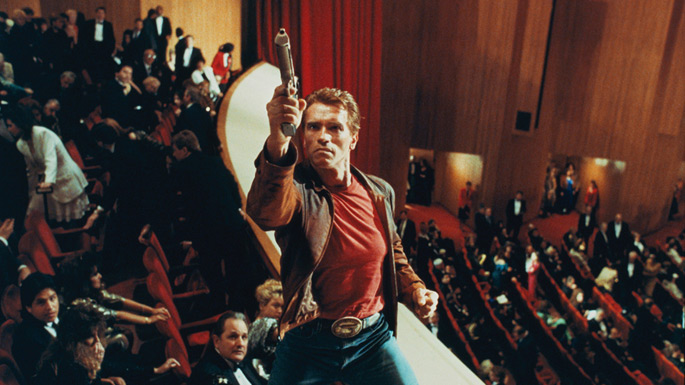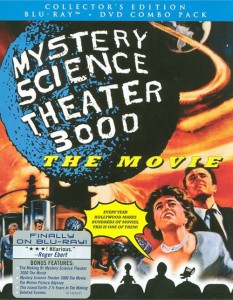From the Chicago Reader (January 7, 2005). — J.R.
Ten film critics’ polls in Chicago, Boston, Los Angeles, New York, San Francisco, Toronto, and Washington, D.C., have named Sideways the best movie of the year. I don’t know whether to laugh or cry.
It’s not that I have anything against comedies; last year Down With Love was second on my ten-best list. Besides, Sideways has a dark side — its infantile hero (Paul Giamatti) steals from his mother, and his infantile sidekick (Thomas Haden Church), who’s about to be married, compulsively cheats on his fiancee. They behave as if the world beyond southern California doesn’t exist, but the movie doesn’t seem to realize it. And like most American mainstream movies, it dances around class issues without ever facing them.
If my colleagues who love this movie, many of whom I admire, are implying that it contains valuable life lessons, I wish they’d tell me what they are. Giamatti is an acerbic loser hero who’s eventually given a ray of hope, like the Woody Allen hero of 20 or 30 years ago but without the wisecracks. So is regressing to that moviemaking model the proudest achievement of world cinema in 2004? Did the critics find something comforting, even affirmative, about its provincialism? Read more

